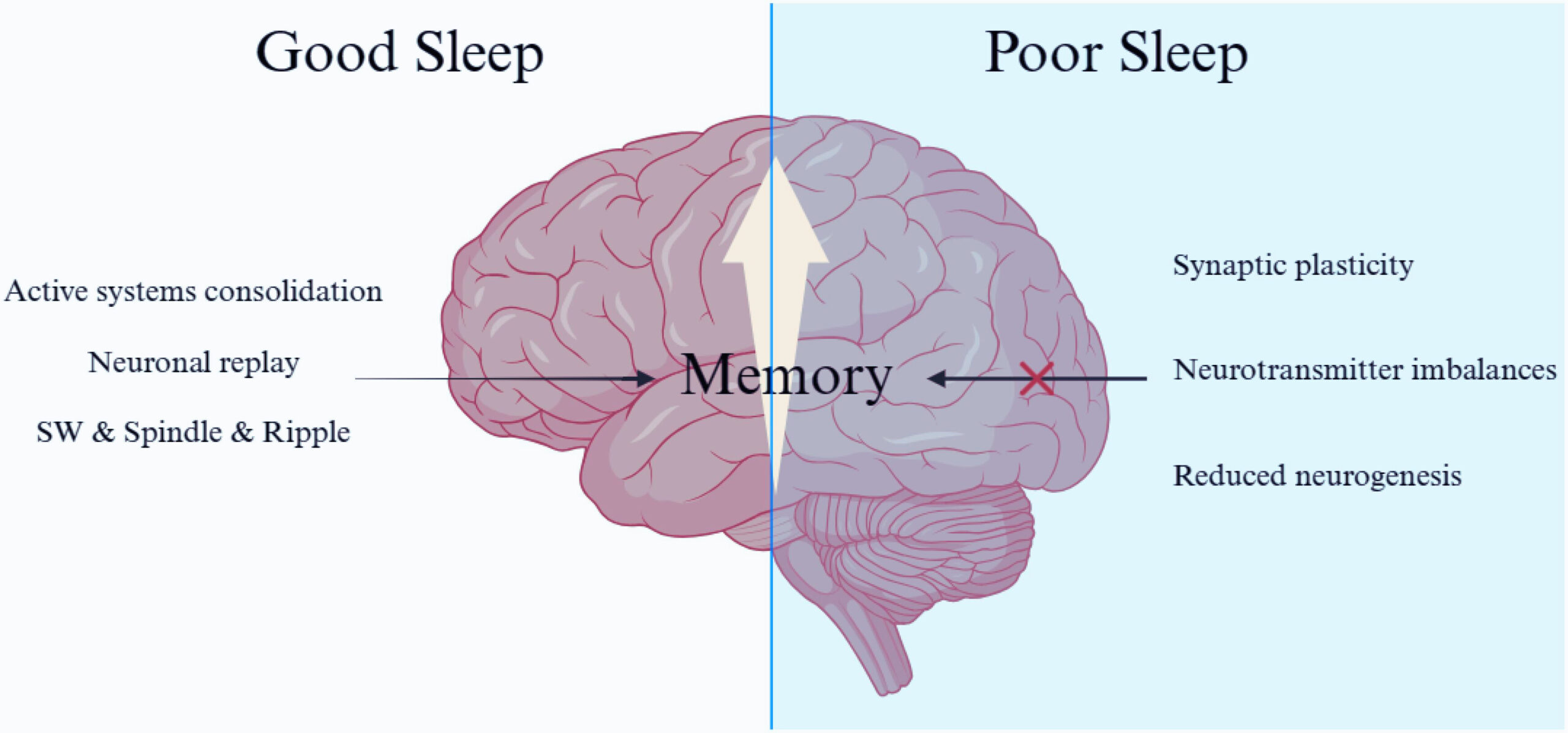Sleep and Mental Health Why Your Brain Needs Rest to Thrive
Sleep—The Silent Pillar of Mental Health
We live in a culture that glorifies productivity, even at the cost of sleep. But science is clear: sleep isn’t a luxury—it’s a mental health lifeline. From emotional regulation to cognitive performance, the way you sleep directly shapes how you feel, think, and function.
In this comprehensive guide, we’ll unpack the intricate relationship between sleep and mental health, examine how poor sleep leads to emotional instability, and explore science-backed strategies to help you sleep—and feel—better.

How Sleep Affects Mental Health A Neurochemical Perspective
Sleep is the time your brain resets. During the REM (Rapid Eye Movement) stage, the brain processes emotions, solidifies memories, and balances neurotransmitters. When sleep is disrupted, these functions break down.
Key Mental Health Functions of Sleep:
Emotional regulation: Sleep reduces amygdala reactivity, helping you respond calmly to stress.
Neuroplasticity: Adequate sleep strengthens learning, memory, and adaptability.
Hormonal balance: Sleep controls cortisol (stress hormone) and stabilizes serotonin and dopamine—two critical mood-regulating chemicals.
The Psychological Impact of Sleep Deprivation
1. Sleep and Anxiety
Lack of sleep amplifies anxiety symptoms by disrupting the brain’s fear center. Studies show sleep-deprived individuals exhibit higher amygdala activity and reduced prefrontal control—leading to overreactions, panic, and obsessive thinking.
2. Sleep and Depression
A chronic sleep deficit is both a symptom and a risk factor for depression. Research by the Sleep Foundation reveals that 65%–75% of people with major depressive disorder report persistent sleep issues.
3. Sleep and Stress
Poor sleep elevates cortisol levels, leaving you emotionally drained and less resilient to daily stressors. This leads to a vicious cycle: stress impairs sleep, and sleep deprivation increases stress sensitivity.
4. Sleep and Mood Swings
Erratic sleep patterns lead to emotional instability, irritability, and impulsive behavior. This is particularly harmful for individuals prone to bipolar disorder or borderline personality traits.
Why Lack of Sleep is a Mental Health Time Bomb
When you consistently miss sleep, the damage is not just physical—it’s deeply psychological:
Increased risk of suicide
Research shows a significant correlation between insomnia and suicidal ideation, especially in adolescents and veterans.
Cognitive impairment
Sleep-deprived brains show reduced attention, poor memory retention, and impaired decision-making—often mistaken for ADHD or burnout.
Social withdrawal
Poor sleep lowers social interaction and empathy, making relationships harder to maintain and emotional support harder to give or receive.
The Connection Between Sleep and Emotional Well-Being
Emotionally healthy people don’t just sleep better—they sleep differently. Deep, restorative sleep helps regulate emotional thresholds. In contrast, fragmented or light sleep weakens your ability to manage frustration, disappointment, or fear.
This connection is so strong that many therapists now use CBT-I (Cognitive Behavioral Therapy for Insomnia) as a foundational treatment for anxiety and depression.
10 Expert-Recommended Tips to Improve Sleep for Mental Health
Incorporating these sleep hygiene tips can drastically improve both your sleep quality and your emotional stability:
1. Establish a fixed bedtime and wake-up time—including weekends.
2. Avoid screens at least 60 minutes before sleep. Use blue-light filters if necessary.
3. Create a sleep-friendly environment: dark, cool (65–68°F), quiet.
4. Limit caffeine, alcohol, and nicotine, especially in the evening.
5. Use your bed only for sleep or intimacy. No work, no scrolling.
6. Practice mindfulness, meditation, or breathing techniques before bed.
7. Include light physical activity daily, but avoid heavy exercise close to bedtime.
8. Avoid long naps (over 30 minutes) during the day.
9. Try natural sleep remedies, such as magnesium, melatonin, or chamomile—after consulting your doctor.
10. See a sleep specialist if symptoms of insomnia or sleep apnea persist.
Sleep and Mental Health Statistics That Matter
- People with insomnia are 10x more likely to suffer from depression.
- 50% of individuals with generalized anxiety disorder report severe sleep issues.
- Improving sleep can reduce suicidal thoughts by up to 50%, according to the CDC.
Final Thoughts: Sleep Is the Therapy Your Mind Deserves
We tend to underestimate sleep in our pursuit of productivity and success. But your mental health is non-negotiable and quality sleep is one of its strongest allies.
By treating sleep not as a passive activity but as an active investment in your mental health, you’re setting yourself up for better mood, sharper focus, and a more resilient mind.



